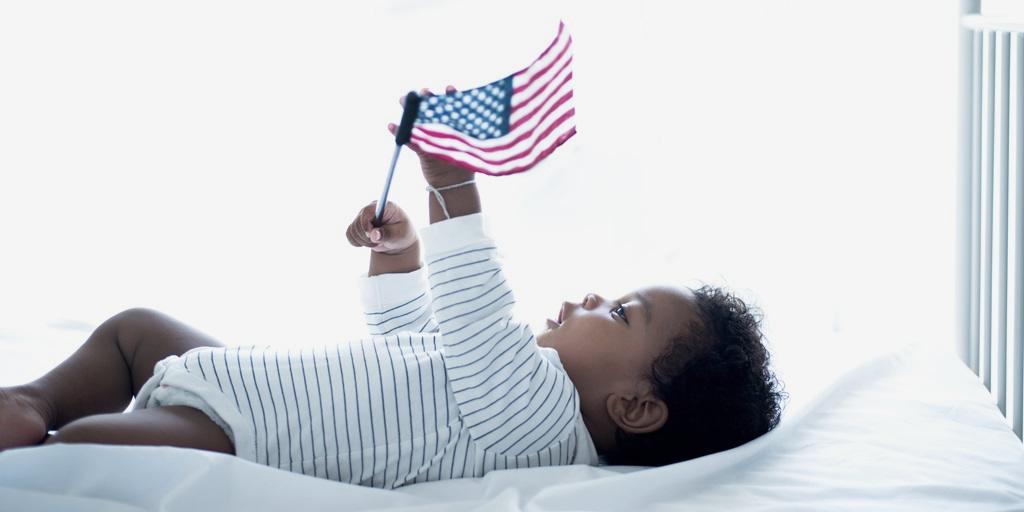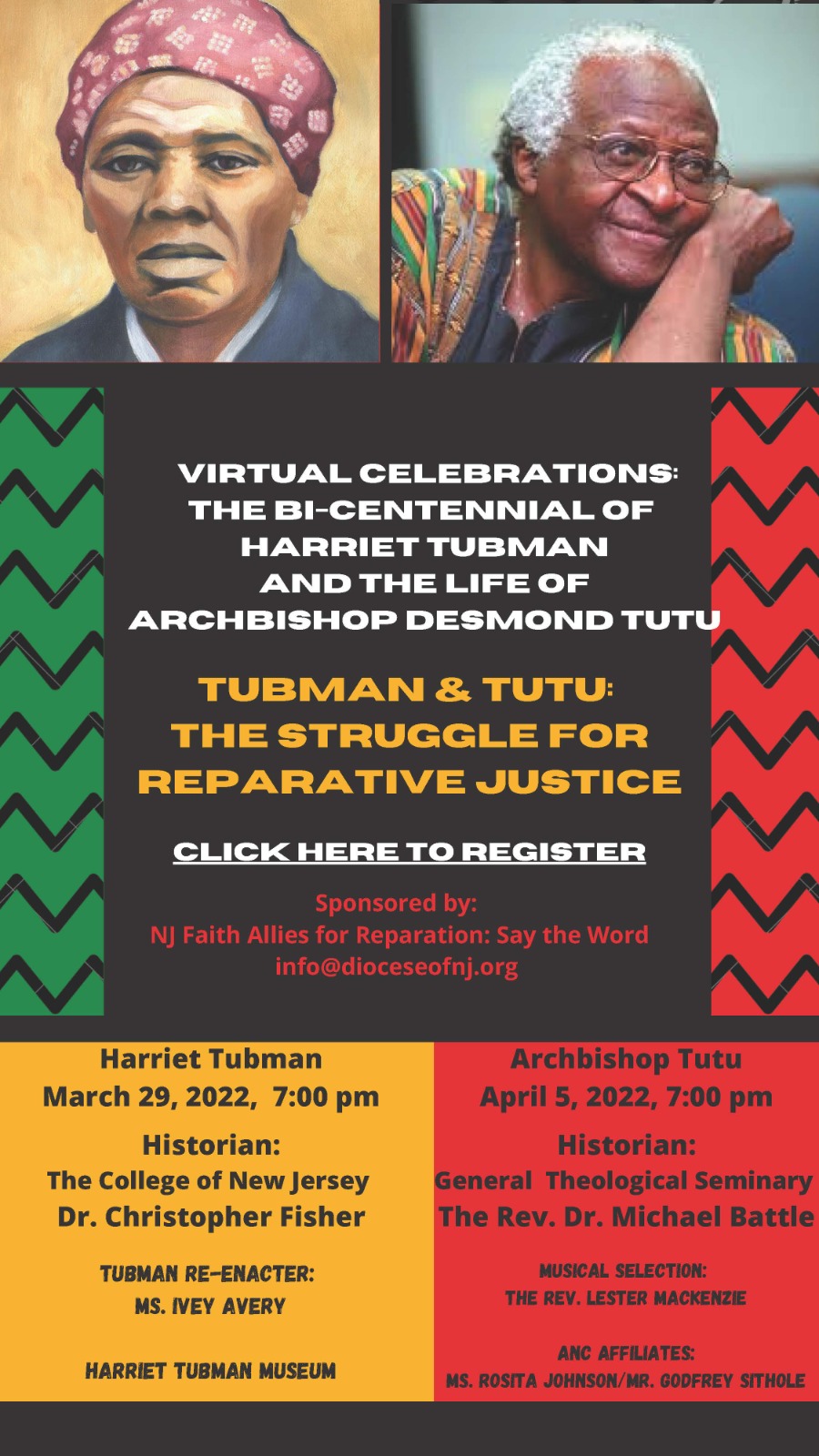
A federal judge who previously raised concerns about the constitutionality of President Donald Trump’s executive order on birthright citizenship is preparing to hear arguments on whether to extend a temporary halt on the policy. The order seeks to deny citizenship to children born in the U.S. to parents who are not legal residents.
U.S. District Judge John Coughenour in Seattle will oversee the hearing, which includes lawyers representing the Trump administration, four states opposing the order, and an immigrant rights group advocating for expectant parents who could be impacted. This hearing follows a recent decision by a Maryland federal judge to impose a nationwide pause on the policy in a related case involving immigrant rights organizations and pregnant women.
Here’s a breakdown of the current status of the legal challenges to the birthright citizenship order.
What’s the Status of the Birthright Citizenship Policy?
President Trump’s executive order aims to eliminate automatic citizenship for children born in the U.S. to parents who are undocumented or here on temporary visas, such as students or tourists. However, the policy is currently on hold. Two weeks ago, Judge Coughenour called the order “blatantly unconstitutional” and issued a 14-day temporary block. On Wednesday, U.S. District Judge Deborah Boardman extended the pause indefinitely, pending a final ruling, unless the Trump administration successfully appeals.
When asked if the administration would appeal, a government attorney stated he lacked immediate authority to make that decision.
What’s Happening in the Latest Case?
On Thursday, Judge Coughenour, appointed by Ronald Reagan, will revisit the birthright citizenship issue. Last month, he remarked that the case stood out in his over 40 years on the bench, calling the constitutional question unusually clear. His temporary block was set to expire Thursday, and he will now consider whether to issue a long-term injunction similar to the one in Maryland.
What About Other Challenges to the Order?
A total of 22 states and various organizations have filed lawsuits to stop the executive order. The Seattle case involves Arizona, Illinois, Oregon, and Washington, alongside a lawsuit by the Northwest Immigrant Rights Project. Meanwhile, 18 states, led by Iowa, have filed a “friend-of-the-court” brief supporting the Trump administration.
Another hearing is scheduled for Friday in Massachusetts, where a separate group of 18 states, led by New Jersey, is challenging the order.
What’s the Core Issue?
The legal battles center on the 14th Amendment, ratified in 1868 after the Civil War and the Dred Scott decision, which denied citizenship to an enslaved man. The amendment states that “all persons born or naturalized in the United States and subject to the jurisdiction thereof, are citizens of the United States.”
The Trump administration argues that children of noncitizens are not “subject to the jurisdiction” of the U.S. and therefore ineligible for citizenship. In contrast, plaintiffs cite the 1898 Supreme Court case United States v. Wong Kim Ark, which affirmed birthright citizenship for children born on U.S. soil, except for those born to diplomats, enemies, or members of sovereign Native American tribes.
The U.S. is one of about 30 countries, mostly in the Americas, that grant birthright citizenship, also known as jus soli or “right of the soil.” Canada and Mexico are among the nations with similar policies.
Share to your favorite social media page
Follow Us
Fans
Fans
Fans
Fans


